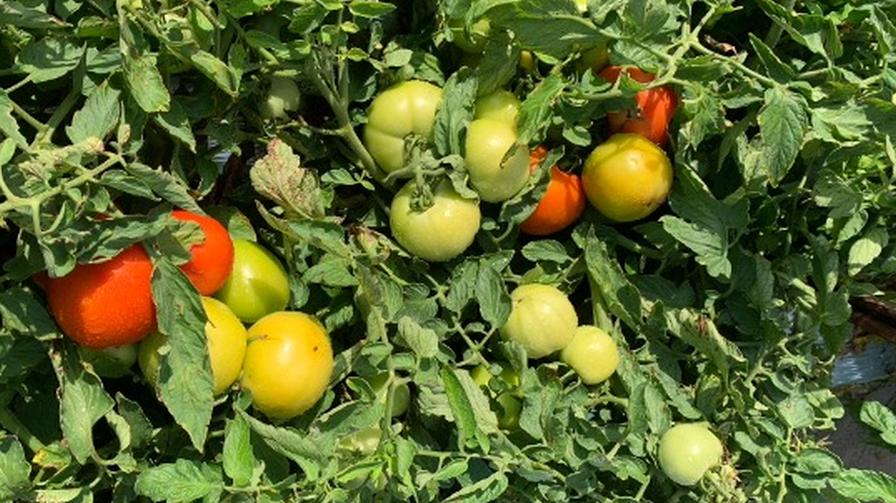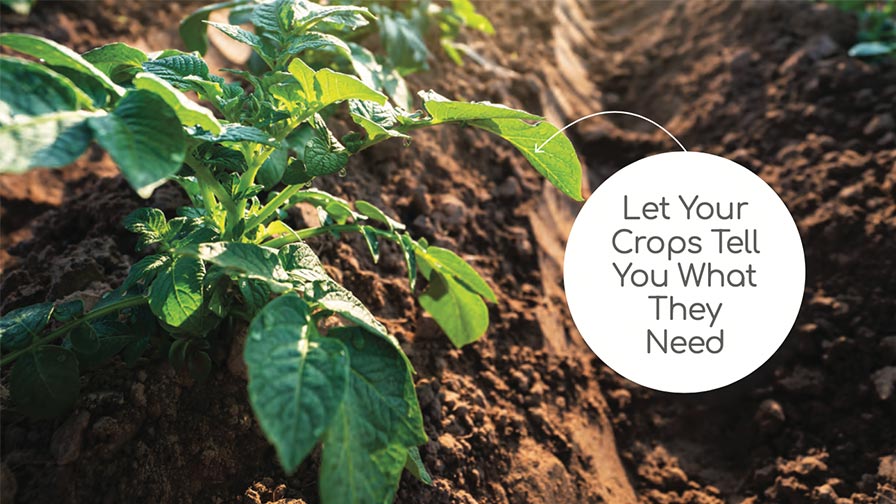USDA Invests Big in Conservation and Climate Smart Agriculture
U.S. Agriculture Secretary Tom Vilsack has announced the availability of $1.5 billion in fiscal year 2024 to invest in partner-driven conservation and climate solutions through the Regional Conservation Partnership Program (RCPP) as part of President Biden’s Investing in America agenda. USDA is accepting project proposals now through July 2, 2024, that will help farmers, ranchers, and forest landowners adopt and expand conservation strategies to enhance natural resources while tackling the climate crisis. These projects in turn can save farmers money, create new revenue streams, and increase productivity.
The investments in climate smart agriculture that USDA has made since the beginning of the Biden-Harris Administration, and will continue to make through the Inflation Reduction Act and Partnerships for Climate-Smart Commodities, are estimated to support more than 180,000 farms and more than 225 million acres in the next 5 years.
The investment is made available through the Farm Bill and the Inflation Reduction Act, the largest climate investment in history, which has enabled USDA’s Natural Resources Conservation Service (NRCS) to boost funding for RCPP. Additionally, NRCS is announcing progress on its effort to streamline and simplify RCPP and improve processes and implementation.
There are two separate funding opportunities: RCPP Classic and RCPP Alternative Funding Arrangements (AFA). RCPP Classic projects are implemented using NRCS contracts and easements with producers, landowners and communities in collaboration with project partners. Through RCPP AFA, the lead partner works directly with agricultural producers to support the development of innovative conservation approaches that would not otherwise be available under RCPP Classic. NRCS will set aside $100 million for Tribal-led projects to be used between both funding opportunities.
The 2024 RCPP funding priorities are climate smart agriculture, urban agriculture, conservation, and environmental justice.
For more details, continue reading at usda.gov.









